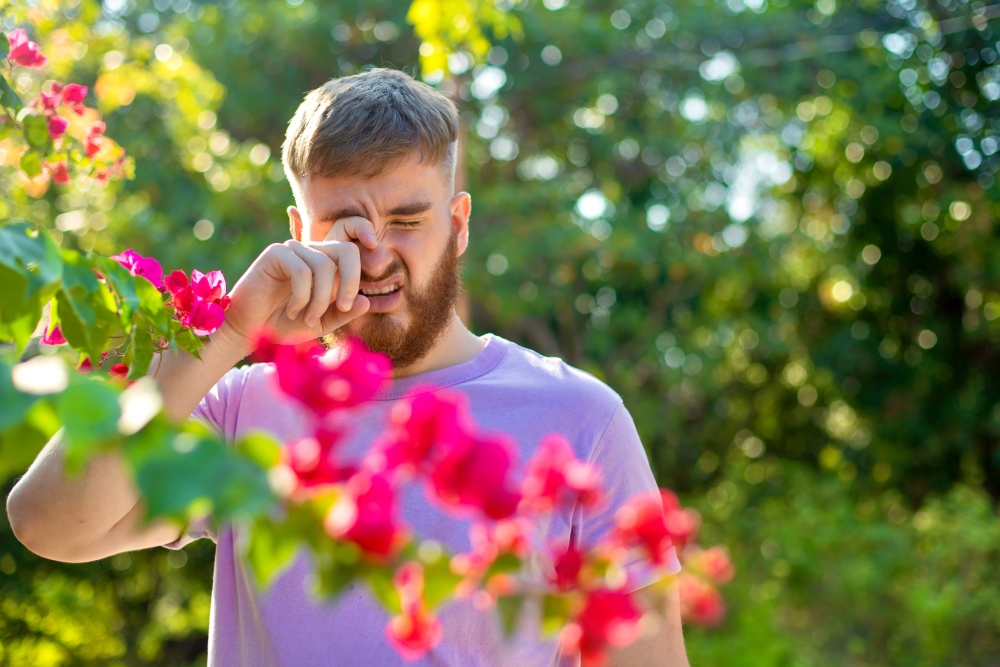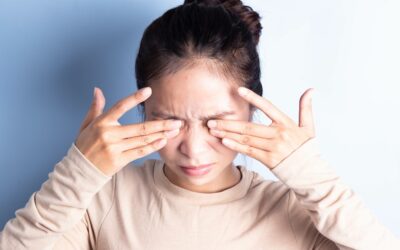As the weather warms up and flowers begin to bloom, it’s easy to feel a sense of renewal and happiness. However, for those of us who suffer from seasonal allergies, spring can be a bit of a mixed blessing. In this blog, we’ll share how spring allergies affect your eyes and what you can do to get relief.
What are spring allergies?
Spring allergies, also known as seasonal allergic rhinitis, are caused by an allergic response to pollen from trees, grass, and weeds that are in bloom during the spring season. When these allergens get into the eyes, they trigger a response from the immune system that can cause a variety of symptoms.
How do spring allergies affect your eyes?
Spring allergies can affect your eyes in several ways, including:
- Itching
- Redness
- Watery eyes
- Swelling
- Light sensitivity
How can you get relief from spring allergies?
If spring allergies are affecting your eyes, there are steps you can take to find relief. These include:
Avoid allergens: One of the most effective ways to keep spring allergies from irritating your eyes is to avoid allergens as much as possible. You can do this by staying indoors during peak pollen times, keeping your windows shut, and using an air purifier to help reduce the amount of pollen floating around in your home.
Use eye drops: Over-the-counter eye drops can help relieve itching, redness, and swelling in the eyes. Be sure to pick up eye drops that are made specifically for allergy relief.
Apply a warm compress: Placing a warm compress on the eyes can help reduce swelling and relieve itching.
Take oral medications: Over-the-counter antihistamines and decongestants can help reduce the symptoms of spring allergies. Be sure to talk to your doctor before taking any new medications.
Wear sunglasses: Wearing sunglasses can help protect your eyes from allergens and reduce sensitivity to light.
Wear daily disposable contact lenses, or switch to eyeglasses: Daily disposable contact lenses are designed to be worn for one day and then discarded, which means there is less time for allergens to build up on the lens surface. Alternatively, switching to eyeglasses as a primary means of vision correction can provide relief since they don’t come into direct contact with the eyes, reducing irritation and discomfort.
See an eye doctor: If you’re dealing with eye allergies, it’s best to schedule a comprehensive eye exam with your eye doctor. They can take a close look at your eyes and help you better understand the cause of your allergies. They may also be able to recommend specific treatments or strategies to help alleviate your symptoms.
Spring allergies can be a pain, especially when it comes to our poor eyes! But don’t worry, there are plenty of things you can do to help alleviate those pesky symptoms! Try avoiding allergens as much as possible, using eye drops or a nice warm compress, taking oral medications, and even wearing some stylish sunglasses to help shield your eyes from the pollen. And if your symptoms persist or get worse, don’t hesitate to schedule an appointment with our eye doctors in Milford. With a little bit of care, you can still enjoy all the joys of spring!





